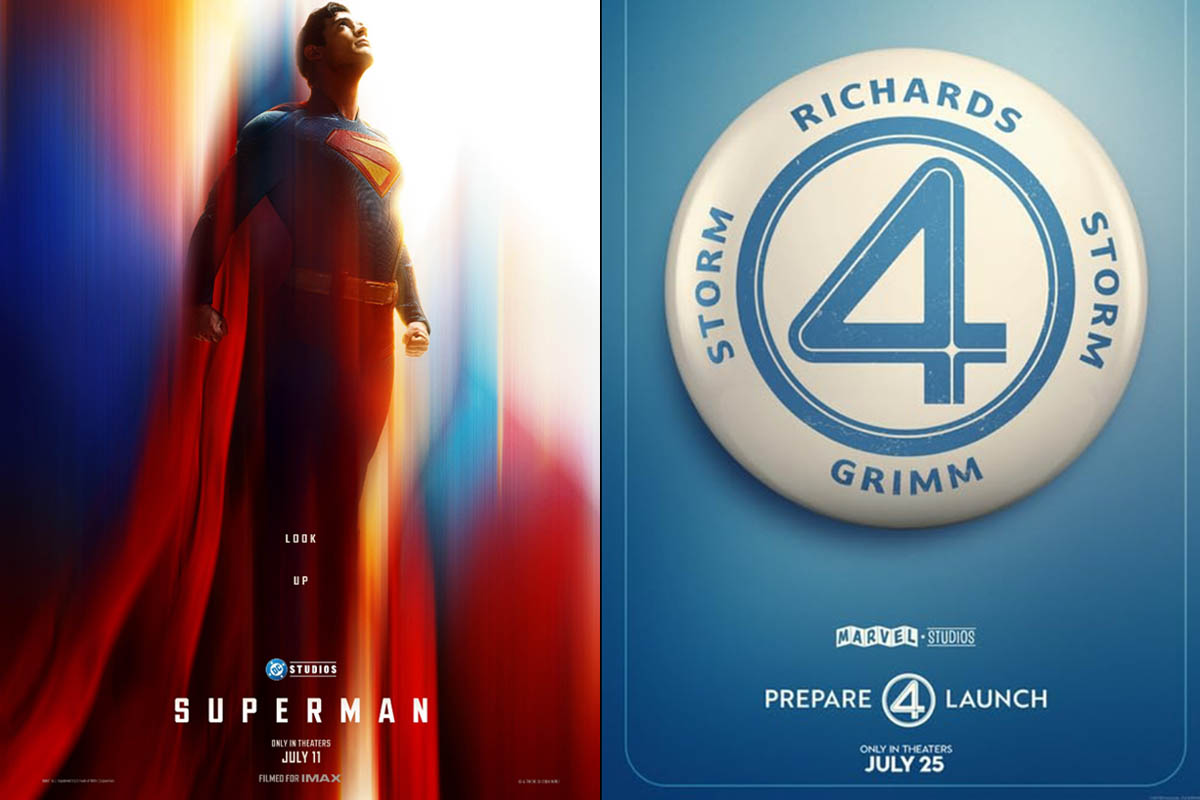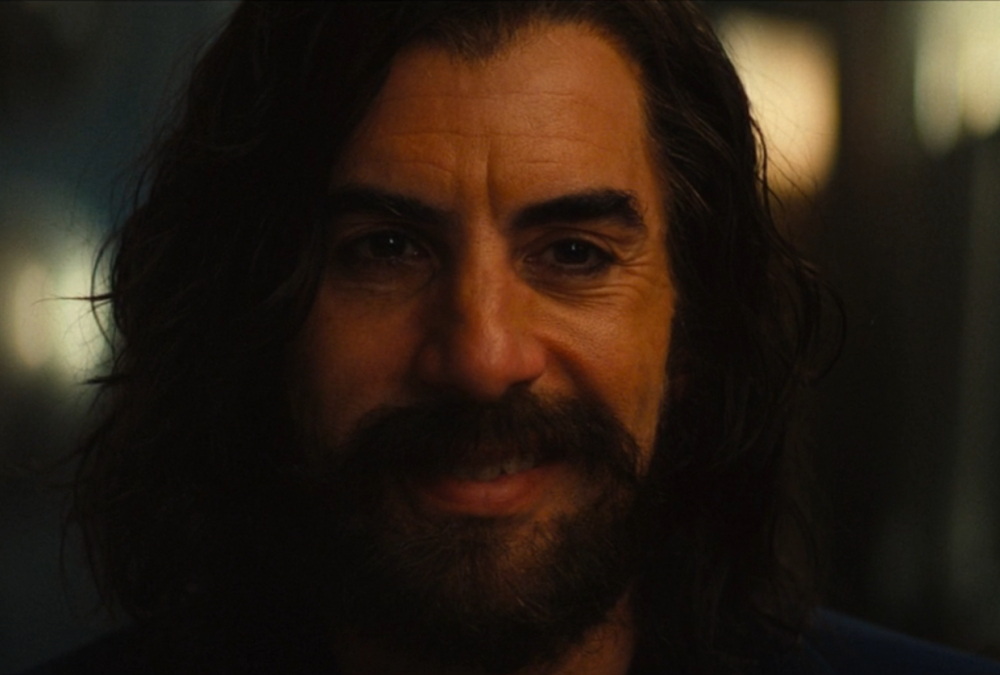![]()
Take a modern day, edgy Thelma & Louise and combine with it a female Fight Club, and you have Jakob Lass’ latest German flick, Tiger Girl! A Berlinale panorama special, this film is a daring, fast-paced, action packed story of Vanilla, a good girl gone bad, who receives her appropriate nickname by Tiger, a“new friend†and savior of sorts, whom she encounters during a time of duress. Tiger, played by the striking Ella Rumpf (quite reminiscent of a young Angelina Jolie), is a carefree, aggressive badass, who doesn’t take shit from anyone. She is a street-fighter with a conscience. Straddling the fine line between a menace to society and supergirls, the girls’ friendship is both strengthened and threatened as their various escapades test the limits of morality.
Pushing the boundaries of what’s socially acceptable, Jakob takes the same spontaneous FOGMA approach in directing this film as he did with his last film, Love Steaks. With a kickass, pre-scored soundtrack and an overall narrative structure in place, he captures the adrenaline driven scenes and much of the visual surprises as the action unfolds, by relying on his actors and improv. LRM had a chance to sit down with the visionary director in Berlin to talk about creating Tiger Girl, conceiving the story, filming improv, working with the actresses and the score. Read below what he had to say.
LRM: I really enjoyed the film and high energy. I thought it was going to be sort of a Fight Club actually, for girls, until I realized these are actually two separate characters.
Jakob: That’s intended. I also tried to close the circle in the end, when Vanilla suddenly starts to appear in strange situations.
LRM: Tell me about conceiving thestory, and what your inspirations were; how it came together.
Jakob: I started with themes basically that I felt and coauthored we felt that were important for us at that time. Luckily, and sadly too, those themes are more important now than they were a few years ago when we started writing for this project. It’s a feeling of being powerless was one of the main themes. It’s hidden anger was another thought, like personalities that don’t show their anger but have aggression in them.
LRM: Passive-aggressive.
Jakob: Passive-aggressive behavior. All those were topics that very much interested me. Then I knew that I wanted to have it located in the area of private security sector and also — but that was somewhat separately. I knew the title; I knew very early on that it would be called Tiger Girl.
![]()
Courtesy of Berlinale
LRM: Why did you call it Tiger Girl ?
Jakob: I wanted to tell a little bit supernatural character. I wanted to have a character that’s a little bit over the top, and I felt Tiger Girl would be a nice name.
LRM: Could she have been a super-hero?
Jakob: Yes, almost, not really. She isn’t really a super hero, but it’s definitely not naturalistic; it don’t follow all the laws of physics in this film. All those things combined, I started thinking about the characters. Then I developed the friendship theme between those two. I decided that I needed two characters for this. I was also interested in the power struggle between those two main characters, how does the power relationship develop in the friendship.
LRM: Yes, I really loved the dynamic between the two. There were times of course when I loved the fight scenes, but there were times that some of the violence was questionable when Vanilla flips to the other side. How do you respond to some of the unprovoked violence?â€
Jakob: I want to provoke those thoughts; this movie is a trap. I want you to feel uncomfortable at a point, that’s why it’s entertaining at the beginning. Then there’s moments that I intentionally want to make you uncomfortable and doubt what the characters are doing and…
LRM: Get angry and annoyed sometimes, right?
Jakob: Yes, exactly.
LRM: Because I have to say I loved Tiger in the film, but there were times when Vanilla got on my nerves and I wanted to slap her. Can you talk about your style of directing and cinematography?
Jakob: One of the most important things for all my previous movies and also the following one is that I improvise a lot. All the dialogue is improvised, and there’s improvised scenes too. I start with a very reduced script; it’s only a ‘skeleton’ script. For this move I had about 32 scenes that I had written out. In the final version I had condensed those scenes to only three sentences each, so the final script was very short. But it has the development of the characters in that and it has the arch of the narrative. On set I want to be very reactive to what’s happening.
I want to have the ability to capture moments that happen accidentally or — also we were shooting in a real security school.
LRM: Was the teacher a real life security guard trainer?
Jakob: Yes, he’s a real teacher.
LRM: He was frightening.
Jakob: Yes. That also makes it much easier to just sneak into a real environment and place the fiction into this place where they all move in their natural way and do what they do every day.
LRM: Do you find that that becomes challenging to shoot improve instead of having a script to follow? Does that require a lot more takes or do you find that the spontaneity can be much more productive?
Jakob: It is very productive, and I hope it creates a different feel. Also, a different acting where the people are more connected and really responding to each other, and it’s more lively. At least that is what I try to generate. It is challenging. Of course, the takes are longer than it would usually do. I shoot 10 minutes, 15 minutes takes which is long time for handheld camera.
![]()
Courtesy of Berlinale
LRM: Yes. Especially, when something organic happens and then you say, “Oh my God, that was perfect. Let’s do one more take,†but then it may be tough to recapture.
Jakob: Yes. That obviously doesn’t work as much. I try to be different in each take, so I don’t repeat from take to take but I try to differ and to try to find different approaches on the same topic. Of course, then editing becomes very important. It’s like the editing is a very long process similarly to a documentary maybe. Where you have your characters, you have your narrative but you really have to sculpture it in the editing.
LRM: That’s where the magic happens. Germany is known for its music and DJ scene. I loved the score to the film. Can you talk a little bit about the soundtrack?
Jakob :Of course, yes. One of my producers is also the composer of the film.
LRM: How convenient! Was that intentional?
Jakob: We already worked together on Love Steaks, our previous film. Yes, that’s intentional, in that way. We compose a lot of the music beforehand, before we even start shooting. I try to tell him how I want this movie to be felt and then what the teams and the motions should be. We compose a lot also in the beginning. We also do compose more than we use for the film. We had already a lot of the score beforehand. For example, the first song that we composed ended up being the soundtrack of the first bigger fight in the subway station. This western-themed song was the first thing we composed for this movie. That’s a movie.
LRM: You guys essentially create the mold of the film with the soundtrack and then you film it to fit that mold?
Jakob: Almost. I think the most important is that we have the soundtrack before we start to edit. Or we have huge parts and then we move from the editing to the composure forth and back. Which is of course more time-intensive than working with a layout. I feel that layout music is one of the most destructive ideas in film composing ever. If you use a layout, you get used to it and then you just have to somehow imitate it, and that’s not creative. I think music has much more part to interpret and to tell the story. In this way, if you have to make a cheaper imitation of a layout that you cannot use because the rights are not clear.
LRM: Is this your approach with every film, with all of your films, is that you write the music first?
Jakob: Yes. I was lucky enough that I could do that. Of course, we have also music that we just write in the editing, but I want to have all of the music that pretty much finish when the editing is finished too. A lot of people just start composing after the editing.
LRM: Right. I guess everybody has a different approach. I really loved your cast and the actresses you hired to play Vanilla and Tiger. Tell me about the casting process.
Jakob: Yes, it was a long process. I, for some weird reason, decided to cast myself. I was doing the casting process myself.
LRM: Wow.
Jakob: I don’t think I will do that again but I —
LRM: That’s very stressful.
Jakob: Yes. With the previous films there was only three professional actresses in it and a lot of people that — the previous film had more people in it that were just real people. I’ve seen Ella in amazing movie from Switzerland that’s called Chrieg. I was stunned with her presence on the screen. Then after a good while of casting she told me about my Maria Dragus, which is —
LRM They knew each other?
Jakob: Yes, they were friends already. I of course have seen Maria in The White Ribbon, but for some weird reason I hadn’t thought of her as Vanilla. I couldn’t imagine her in that role. Then we did a small casting, it went beautifully well. Maria came to the project quite late, but the girls were long time friends.
LRM: Yes, they had great chemistry. Ella does have an incredible screen presence. When you first see her she really draws you into the character. What do you want your audience to take away from the film?
Jakob: I want it to be inspiring and thought-provoking, and maybe leave you with a need to discuss it. Hopefully, you can see it with friends and talk about it; that will be what I would wish for.
LRM: It definitely has people talking at the Berlin Film Festival. Are you working on anything next?
Jakob: I’ve just shot my next feature film, which is an adaptation of a novel, but the first improvised adaptation of a novel. That might be also interesting.
LRM: What kind of novel is it?
Jakob: It’s a club owner from Hamburg, and it all plays in one night in one club from his perspective. We shot in a real club and did real party events on that.
LRM: What kind of club was it?
Jakob: Just a nightclub, music club. It’s interesting venue because they play techno and also have live bands. You can imagine there are drugs involved…
LRM: It sounds like exciting. Looking forward to seeing it.

 FOR FANBOYS, BY FANBOYS
Have you checked out LRM Online’s official podcasts and videos on The Genreverse Podcast Network? Available on YouTube and all your favorite podcast apps, This multimedia empire includes The Daily CoG, Breaking Geek Radio: The Podcast, GeekScholars Movie News, Anime-Versal Review Podcast, and our Star Wars dedicated podcast The Cantina. Check it out by listening on all your favorite podcast apps, or watching on YouTube!
Subscribe on: Apple Podcasts | Spotify | SoundCloud | Stitcher | Google Play
FOR FANBOYS, BY FANBOYS
Have you checked out LRM Online’s official podcasts and videos on The Genreverse Podcast Network? Available on YouTube and all your favorite podcast apps, This multimedia empire includes The Daily CoG, Breaking Geek Radio: The Podcast, GeekScholars Movie News, Anime-Versal Review Podcast, and our Star Wars dedicated podcast The Cantina. Check it out by listening on all your favorite podcast apps, or watching on YouTube!
Subscribe on: Apple Podcasts | Spotify | SoundCloud | Stitcher | Google Play



